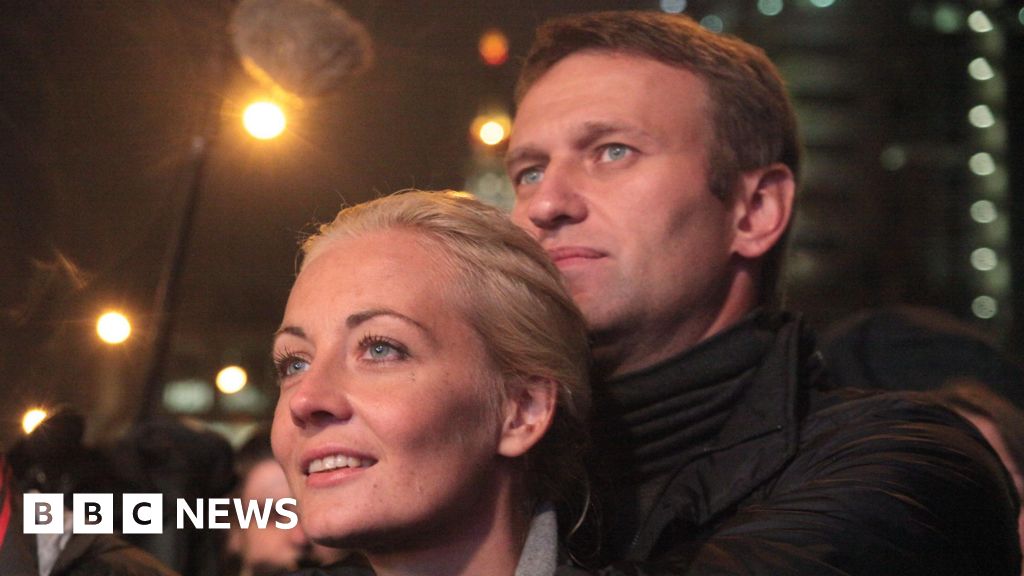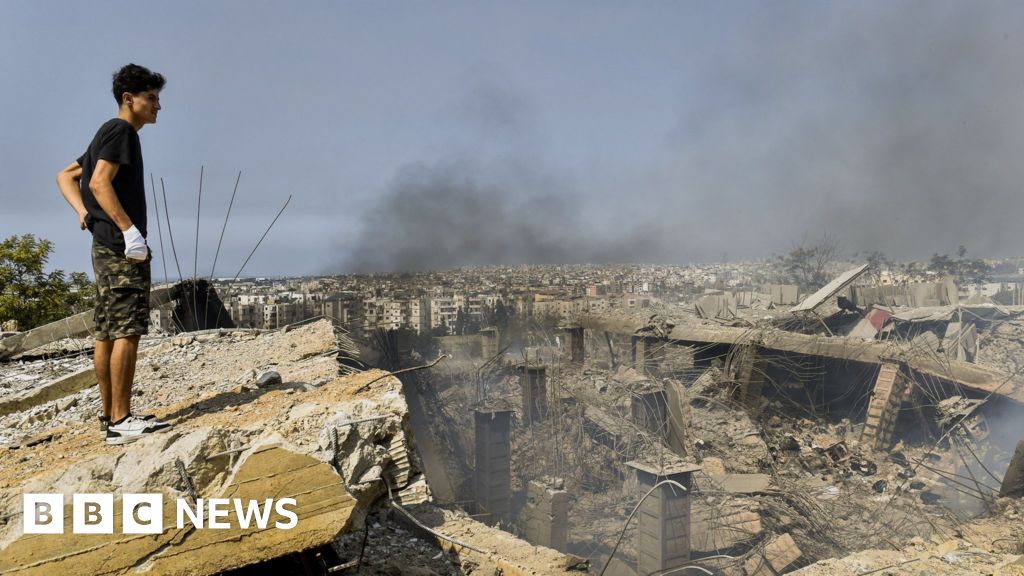The US Treasury Department sanctioned the Al-Qard Al-Hasan Association in 2016; however, this was largely ineffective.
By YUVAL BARNEA OCTOBER 21, 2024 00:16 Hezbollah supporters carry a flag and a picture of Hezbollah leader Sayyed Hassan Nasrallah during a rally marking al-Quds Day, (Jerusalem Day) in Beirut's southern suburbs, Lebanon, April 5, 2024.
(photo credit: MOHAMED AZAKIR/REUTERS)
Hezbollah supporters carry a flag and a picture of Hezbollah leader Sayyed Hassan Nasrallah during a rally marking al-Quds Day, (Jerusalem Day) in Beirut's southern suburbs, Lebanon, April 5, 2024.
(photo credit: MOHAMED AZAKIR/REUTERS)
Arabic media reported several strikes in downtown Beirut on Sunday following IDF Spokesperson R.-Adm. Daniel Hagari's Sunday announcement that the IDF will begin physically targeting Hezbollah's financial infrastructure by directly attacking financial buildings in Lebanon,
The IDF said it would begin airstrikes against Hezbollah's financial infrastructure, which includes numerous money laundering schemes, which includes everything from providing loans to charities to gold mines.
Al-Qard Al-Hasan (AQAH) Association is Hezbollah's primary financial institution, according to former Shin Bet (Israel Security Agency) agent Uzi Shaya, quoted in Globes. AQAH ostensibly operates as a charitable Islamic banking organization, providing loans to many Lebanese for everything from daily goods to marriage to tuition to housing.
The Hezbollah-owned Lebanese outlet, Al Manar, reported on Sunday, following the IDF announcement, that AQAH had gone bankrupt and that the IDF was intentionally targeting the association to disrupt the lives of Lebanese people.
The Meir Amit Intelligence and Terrorism Information Center (ITIC) describes the organization as specializing "in quasi-banking activity, consisting primarily of providing loans and operating charitable community funds in accordance with Islamic religious law (which forbids charging interest)."
Part of the goal is to provide Lebanese Shia with strong economic investment to keep them invested in the conflict and willing to cooperate. According to Globes, the association also provides loans to the Palestinian community.
The association claims most funds are provided through lenders, membership fees, and donations.
The ITIC said that it had no way of checking if other funds are being sent by outside actors such as Iran, and its analysis showed that this was indeed likely.
Ineffective sanctions
The US Treasury Department sanctioned the association in 2016. However, the ITIC said that the sanctions were largely ineffective, with AQAH's volume of loans increasing following the sanctions.
It is estimated that AQAH manages funds upwards of billions of dollars with over 400,000 accounts. It was accused of managing all of Hezbollah's financial activity, including front businesses and charities, according to Uzi Shaya, quoted in Globes.
Stay updated with the latest news!
Subscribe to The Jerusalem Post Newsletter
Shaya said AQAH held all types of financial capital that it takes as collateral on loans, including gold and jewlery.
He also said that AQAH was backed by both the Lebanese and Iranian states. "It has also developed an independent self-financing capacity, supplied mainly by an array of charitable associations, businesses, and a crime network," Shaya told Globes.
Much of the financial transfers were made in cash or cryptocurrency, with significant amounts of cash flowing in through Beirut Airport, which is controlled by Hezbollah.
"This is one of Iran's richest terrorist organizations, with an extensive smuggling network in Latin America, with bases in Africa as well. Their contacts have agents who move millions of dollars in cash from place to place, all over the world," Dr. Haim Koren told Globes.

 By The Jerusalem Post (World News) | Created at 2024-10-20 21:35:14 | Updated at 2024-10-20 23:52:01
2 hours ago
By The Jerusalem Post (World News) | Created at 2024-10-20 21:35:14 | Updated at 2024-10-20 23:52:01
2 hours ago



